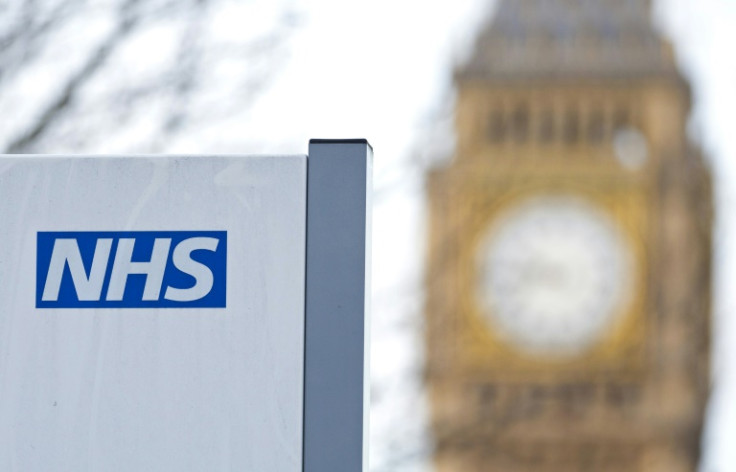NHS Grapples with Unprecedented Challenges as Waiting Lists Surge and Resources Strain
NHS administrators are sounding the alarm, declaring the system as "running hot" and grappling with the highest waiting list figures on record since August 2007.

In the span of just one month, NHS waiting lists in the UK have surged by an additional 174,000 individuals, pushing the total number of people awaiting surgical procedures in August to 5.74 million. NHS administrators have sounded the alarm, stating that the healthcare system is operating at full capacity.
Accident and emergency departments have experienced their most hectic September since 2010, with 2.1 million individuals seeking hospital care. This figure is 26 per cent higher compared to the same time last year.
It's essential to note that the NHS waiting times data does not include mental health patients. An estimated 1.5 million people are awaiting mental health treatment, contributing to a total of over 7 million individuals in England on some form of NHS waiting list.
This figure is the highest since records began in August 2007 and includes those awaiting hip and knee replacements and cataract surgery.
In a distressing development, a record-breaking 5,025 individuals had to endure waits exceeding 12 hours in A&E to secure a hospital bed after a decision to admit them was made.
Hospitals across the country have declared incidents and ambulance trusts have faced prolonged delays in transferring patients. In one instance in Shropshire, a patient had to wait 13 hours before even being admitted to the A&E.
The latest data from NHS England underscores the substantial crisis that the NHS has grappled with over the summer. The military was even called upon to assist in driving ambulances, and an increasing number of patients struggled to secure appointments with General Practitioners due to the overwhelming demand and insufficient doctor availability.
In August, the number of patients waiting over two years for routine operations in England reached 9,754. Although the number of people waiting more than a year has declined for the fifth consecutive month, hospitals are striving to address the backlog, with a total of 292,138 patients having endured year-long waits.
Notably, ambulances responded to a record 76,000 life-threatening call-outs, marking a significant increase compared to the previous highest figure for September. Additionally, 999 operators received nearly 1 million calls in September.
In response to the situation, NHS England has instructed hospitals to stabilise the number of patients awaiting hospital treatment, maintain current levels of patients waiting for over a year, and eliminate two-year waits by March of the following year.
Professor Stephen Powis, Medical Director of NHS England, acknowledged the immense pressure on the NHS, highlighting the highest-ever number of patients treated in A&E in September, a substantial increase in COVID-19 patients compared to the previous year, and a record number of 999 ambulance calls. He emphasised the importance of people not delaying seeking help from the NHS when unwell.
The NHS is still operating at less than 90 per cent of its pre-pandemic activity level. Nevertheless, wait times for diagnostic tests have decreased for the first time this year, partially due to the introduction of new diagnostic community hubs aimed at addressing the testing backlog.
In August, GPs in England made 210,931 urgent cancer referrals, marking a 24 per cent increase from the 170,036 referrals reported in August of the previous year. Comparatively, August 2019, a non-pandemic year, recorded 200,317 referrals.
Siva Anandaciva, Chief Analyst at The King's Fund think tank, underscored the multiple challenges faced by the NHS. Waiting lists for planned hospital care are steadily climbing towards levels not witnessed since the waiting times crisis in the 1990s.
He also highlighted the pressing need for investment in the maintenance of NHS buildings and equipment, which currently stands at over £9.2 billion, a significant portion of which requires immediate action to prevent harm to staff and patients.
He further noted that the government had promised additional funding to support NHS services but had yet to deliver on pledges to increase capital investment in buildings and equipment or provide adequate funding for addressing the chronic workforce shortages.
The upcoming spending review presents an opportunity to rectify these issues and uphold commitments to reduce the waiting list backlog, modernise services, and fulfil the government's manifesto promises.
© Copyright IBTimes 2025. All rights reserved.






















